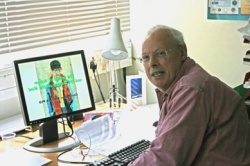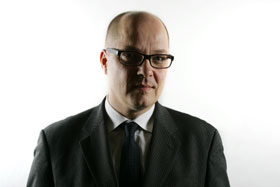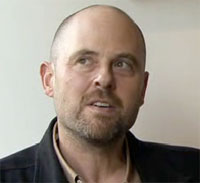There's new technology emerging from behavioral economics and we are just starting to make use of that. I thought the input of psychology into economics was finished but clearly it's not!
PUTTING PSYCHOLOGY INTO BEHAVIORAL ECONOMICS (Class 6)
Richard Thaler, Sendhil Mullainathan, Daniel Kahneman
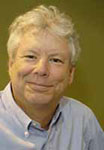 |
 |
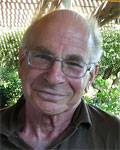 |
|
Richard Thaler |
Sendil Mullanthan |
Daniel Kahneman |
RICHARD THALER: ehavioral economics and good psychology, there's a lot of art. There is science and there are well-crafted experiments, but thinking about what the right experiment to run, was art and, there are 80 gazillion experiments, which ones are relevant to getting people to plant the right seed. That's a problem that Sendhil and I have been talking about for, well, since he was born. You're now seeing the results of 15 years of conversations. And there wasn't a scientific way of answering that question.
SENDHIL MULLAINAITHAN: A lot of what makes behavioral economics interesting is psychology, it is about what happens inside the mind. These phenomena are taking things that are happening inside the mind and interfacing them with things happening in the world, the environment, and getting feedback or getting interesting responses from that.
We happen to call the word economics. But it's not economics. You could be talking about crime, you could be talking about many things, in the social domain, the entire spectrum of human behavior. Anyone who is interested in the broader world should be interested in something we currently call "behavioral economics".
DANIEL KAHNEMAN: What we're saying is that there is a technology emerging from behavioral economics. It's not only an abstract thing. You can do things with it. We are just at the beginning. I thought that the input of psychology into behavioral economics was done. But hearing Sendhil was very encouraging because there was a lot of new psychology there. That conversation is continuing and it looks to me as if that conversation is going to go forward. It's pretty intuitive, based on research, good theory, and important.
Sean Parker, Anne Treisman, Paul Romer, Danny Hillis, Jeff Bezos, Salar Kamangar, George Dyson, France LeClerc,
A SHORT COURSE IN BEHAVIORAL ECONOMICS
Edge Master Class 2008
Richard Thaler, Sendhil Mullainathan, Daniel Kahneman
Sonoma, CA, July 25-27, 2008
AN EDGE SPECIAL PROJECT

